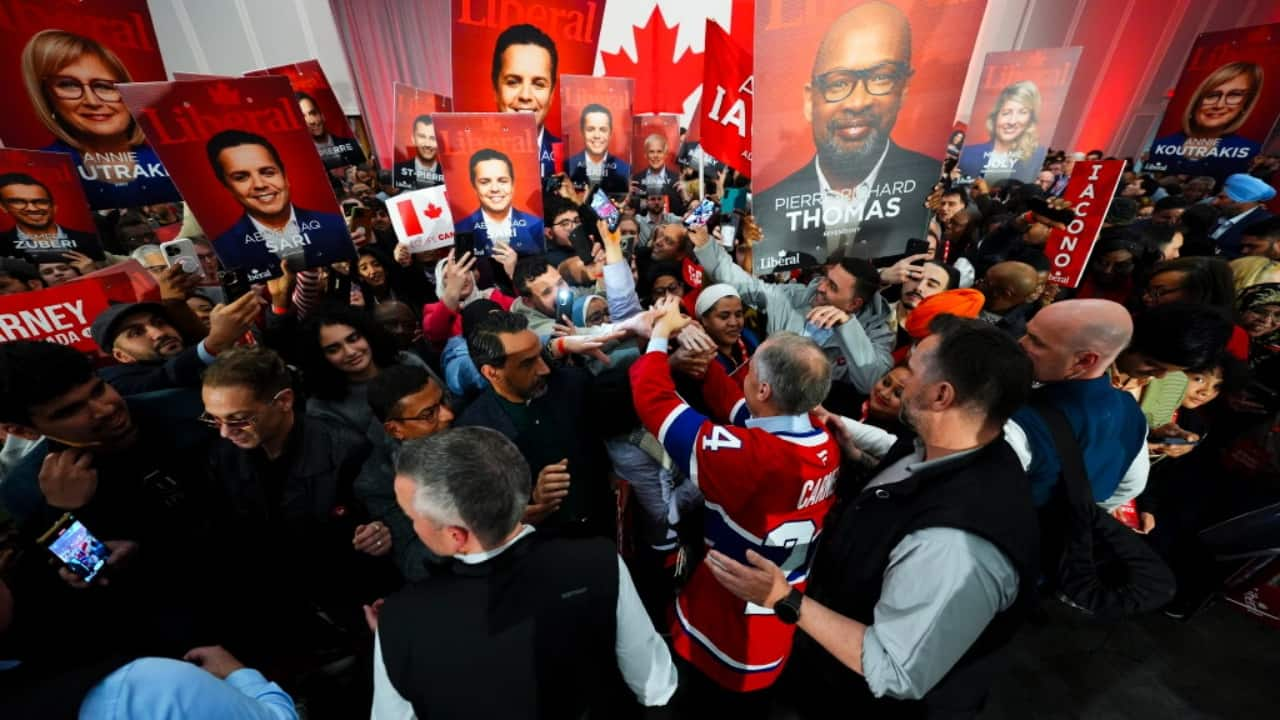Canadians are voting today, not just to choose a new leader, but also to reset the tone for the country’s politics, economics and diplomatic future at a crucial time. The outcome of these snap polls – elections called before the end of a fixed term – could deeply impact India-Canada relations, which remain strained for quite some time, particularly regarding the issue of Khalistani separatists. The election of a new prime minister in Ottawa could either mend fences with New Delhi — or widen the rift further.
As Canada prepares for political change, India has a strong reason to watch closely. Why are snap elections being held? Prime Minister Justin Trudeau called for early elections amid falling approval ratings and internal party dissent. Facing a fragile minority government, Trudeau gambled that fresh polls might restore a Liberal majority — or at least reaffirm his mandate.

However, growing public discontent over inflation, immigration, foreign policy missteps (especially the India-Canada spat over Khalistan extremism), and accusations of ethical lapses have made his re-election an uphill battle. Adding to Trudeau’s troubles is the emergence of Pierre Poilievre, leader of the Conservative Party, who has effectively tapped into public dissatisfaction by promising to cut taxes, tighten immigration, and restore Canada’s international reputation. India-Canada ties: From friendships to frictions India and Canada traditionally enjoyed warm relations rooted in shared democratic values, vibrant people-to-people ties, and growing trade.
But under Trudeau’s recent tenure, relations plunged to their lowest point in decades. Several factors strained the relationship: Khalistan Controversy: Trudeau’s government has been accused of tacitly tolerating pro-Khalistan elements in Canada. India sees this as an endorsement of separatism and a direct challenge to its sovereignty.
Diplomatic Blow-up in 2023: Trudeau accused India of being involved in the killing of Hardeep Singh Nijjar, a designated terrorist by India, on Canadian soil — without providing credible evidence. India strongly denied the allegations and retaliated with visa restrictions and diplomatic expulsions. Lack of Cooperation on Extradition and Terror Cases: India has long pressed Canada to extradite individuals linked to terrorism but has faced delays and refusals.
Why India should watch closely Pierre Poilievre, the frontrunner for the Conservatives, has signaled willingness to repair ties. He has criticized Trudeau for mishandling the India relationship and has promised to prioritize strategic partnerships, including with India, in an increasingly unstable global order. For India, a government that recognises India’s growing global clout is preferable; restarting trade negotiations could create new opportunities; and a closer India-Canada alignment would be valuable in counterbalancing China’s influence.
India and Canada have enormous untapped economic potential together. The bilateral trade between the two countries stood at around $9 billion in 2023 – far below potential. India remains deeply concerned about extremist activities by Khalistan separatists operating from Canadian soil.
A more security-conscious Canadian administration could: crack down on extremist financing and hate propaganda; cooperate better with Indian intelligence on cross-border terrorism cases; and expedite pending extradition requests for fugitives..
















